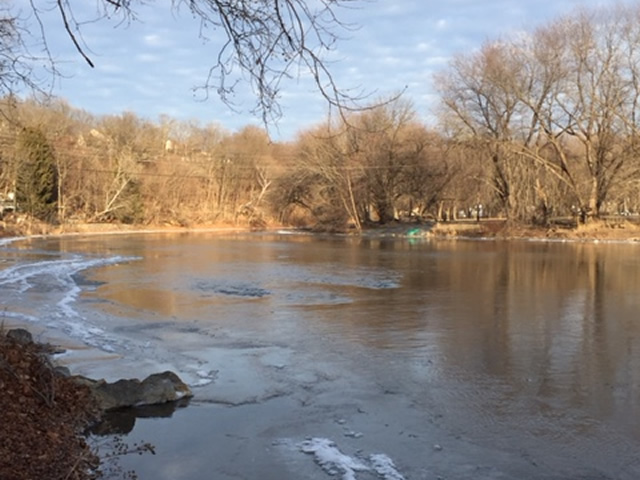
Last week I received a blog in my email from Ellen Fein entitled “Re-imagining What is Possible.” First, let me say, I always read what Ellen sends out. She is a very wise, professional, and compassionate yoga teacher and healer. (You can learn more about her and her work and read her blogs at Breathe2Change.com.)
In her blog, she acknowledges the uncertainties and hostilities permeating our times and world. Given this climate, she asks herself a question that I and, I know many others, are asking themselves: “What can I do with my own energy that supports the people I care for and the world I want going forward?”
In her wisdom, Ellen reminds us that none of us can be of support and help in the lives of others when our own energy is depleted. Moreover, if we are physically, mentally, emotionally and/or spiritually drained, we have harmed ourselves.
If we are to have a peaceful heart and quiet mind, the practice of ahimsa is crucial. Ahimsa is translated as non-violence toward and non-harming of others or ourselves in all aspects of our lives. It requires a depth beyond just actions, to our words and thoughts, as well. Nicholas Bachman in his book The Path of the Yoga Sutras explains that “A nonjudgmental and forgiving attitude is essential to practicing ahimsa…” I bring up ahimsa, not just because it is considered the most important ethical principle in the Yoga Sutra, but also because it relates to the suggestions that Ellen Fein offers for herself and interested others in this new year.
Her first suggestion is self-care, which has to be the foundation for living our lives. I, like so many women, struggle with this concept. In my head, at times, I still hear “self-indulgent” when what is needed is self-care. As I grow older, I have had to face my own vulnerabilities and what living compassionately toward myself requires. At times, I can even see this as a gift of aging, as living with balance and care in life becomes more a necessity than a choice.
Ellen’s second suggestion, what she has called “inner disarmament,” is also a practice of ahimsa. “Inner disarmament” requires first that we acknowledge we all can fall victim to anger, intolerance, or hostility. We ask ourselves how often we fail to carefully listen because we are immersed in our own feelings of anger, indignation, or outrage? Inner disarmament” starts as we become aware of our responses to situations and individuals. Rather than becoming consumed by our thoughts and feelings, we observe and listen to what is really in front of us.
Her third suggestion is to “commit to action that builds community, diminishes division, and honors our interdependence with each other and the planet.” My good friend Margee Kooistra likes to remind us of a quote from Dan Berrigan: “If you want to be hopeful, you have to do hopeful things.” Any action that supports our positive connections with one another
and encourages a healthy planet cannot help but be hopeful, and also non-harming.
I would love to hear your thoughts on these suggestions, and what you are doing as we start this new year.